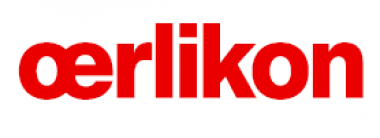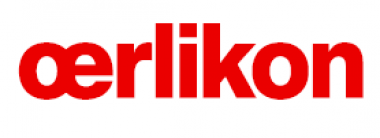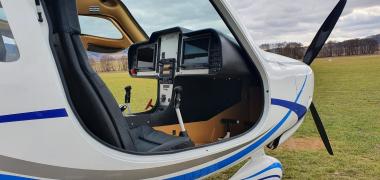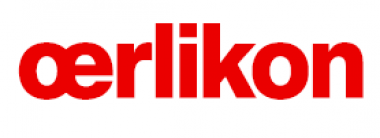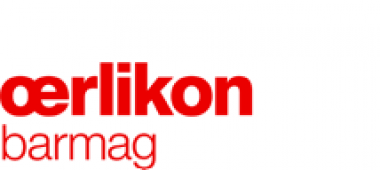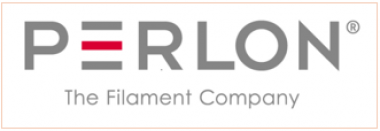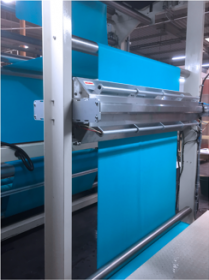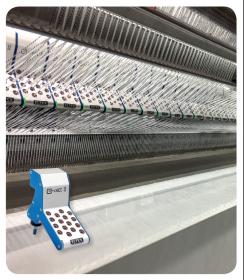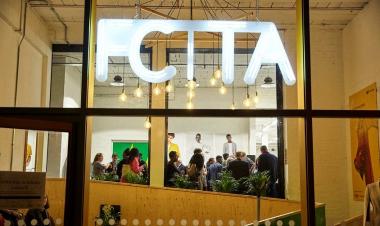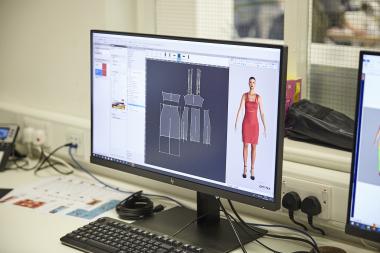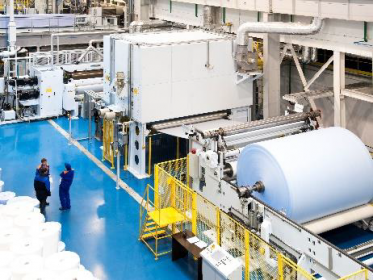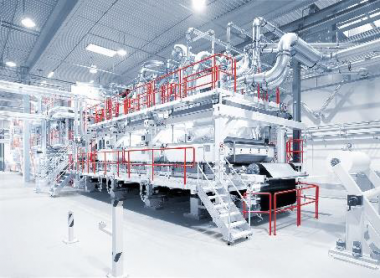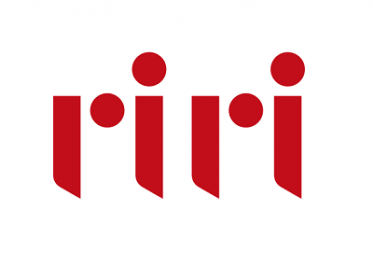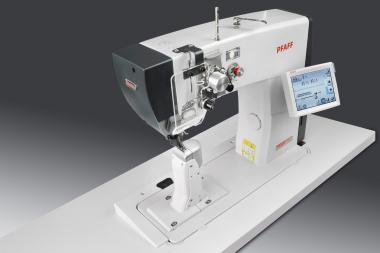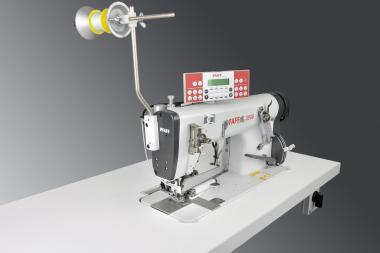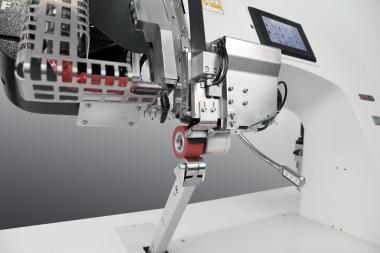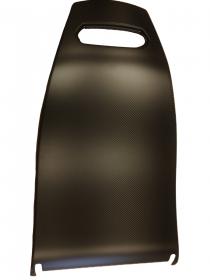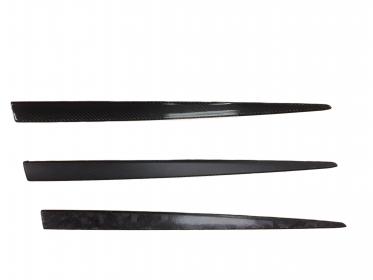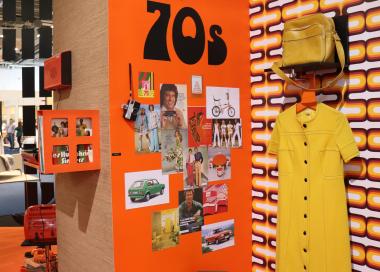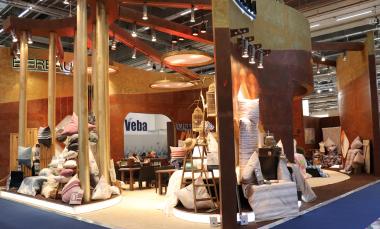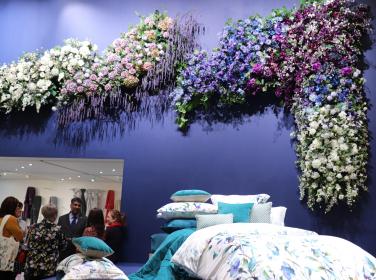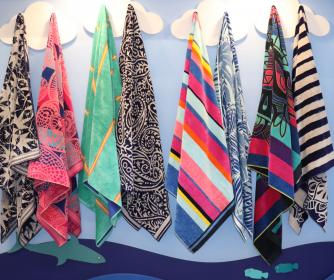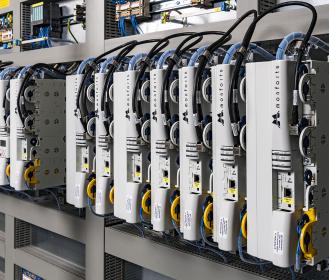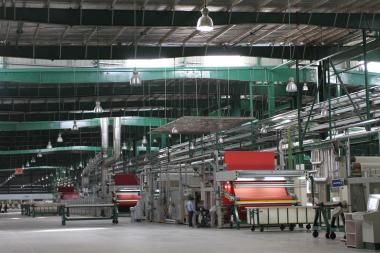“Autoneum Pure.”: new sustainability label for products
Technologies with an excellent environmental performance throughout the entire product life cycle – that is what “Autoneum Pure.” stands for. In future, components that meet the highest standards in terms of sustainability and eco-friendliness can be identified at a glance under this label. This also includes the innovation “Mono-Liner” for wheelhouse outer liners.
As innovation leader in acoustic and thermal management, Autoneum continuously invests in the development and production of resource-saving components that make cars lighter and thus more climate-friendly. In view of an increasing sustainability awareness and the correspondingly greater information needs on environmentally-friendly vehicle components, the Company has now launched Autoneum Pure. The label determines particularly sustainable technologies, thereby guiding car manufacturers in product selection for future models.
Autoneum Pure is based on a comprehensive set of criteria assessing the sustainability performance of a product in all four phases of its life cycle: material procurement, production, use and end of life. For example, components with a high content of recyclable materials or those that achieve significant weight savings compared to comparable standard components qualify for the “Autoneum Pure.” label. Autoneum already offers various multifunctional technologies that meet the high standards for Autoneum Pure products: Ultra-Silent for underbody systems or battery undercovers, Di-Light for carpet systems, Prime-Light and IFP-R2 for inner dashes and floor insulators as well as Hybrid-Acoustics PET for e-motor encapsulations and engine-mounted parts, which was launched in fall 2019.
With Mono-Liner, the latest innovation for wheelhouse outer liners is also included in the Autoneum Pure portfolio. Among other things, the Mono-Liner-based components convince thanks to their lightweight construction, thereby contributing to lower vehicle weight with correspondingly less fuel consumption and emissions. The excellent life cycle assessment is also based on their particularly resource-saving manufacturing: Production cut offs of the components, which consist to a large extent of recycled PET fibers, can be processed into pellets and completely returned to the manufacturing process as fibers. An SUV and a crossover model from a US vehicle manufacturer already benefit from Mono-Liner wheelhouse outer liners.
Anahid Rickmann, Head of Corporate Communications & Responsibility, explains: “With Autoneum Pure we are the first automotive supplier to establish a sustainability label in the field of acoustic and thermal management. Autoneum Pure is part of the Company's Advance Sustainability Strategy 2025 and sets industry standards in product communication.”
Autoneum Holding AG






